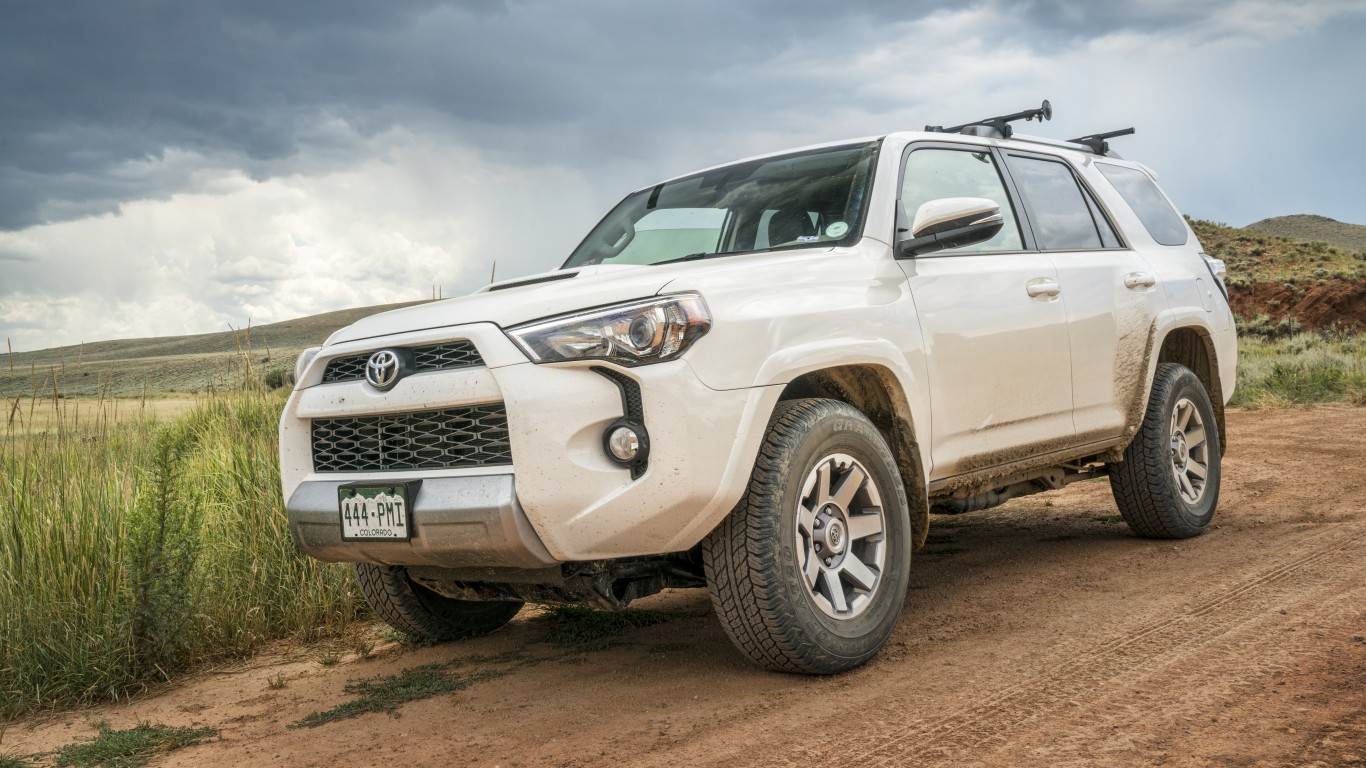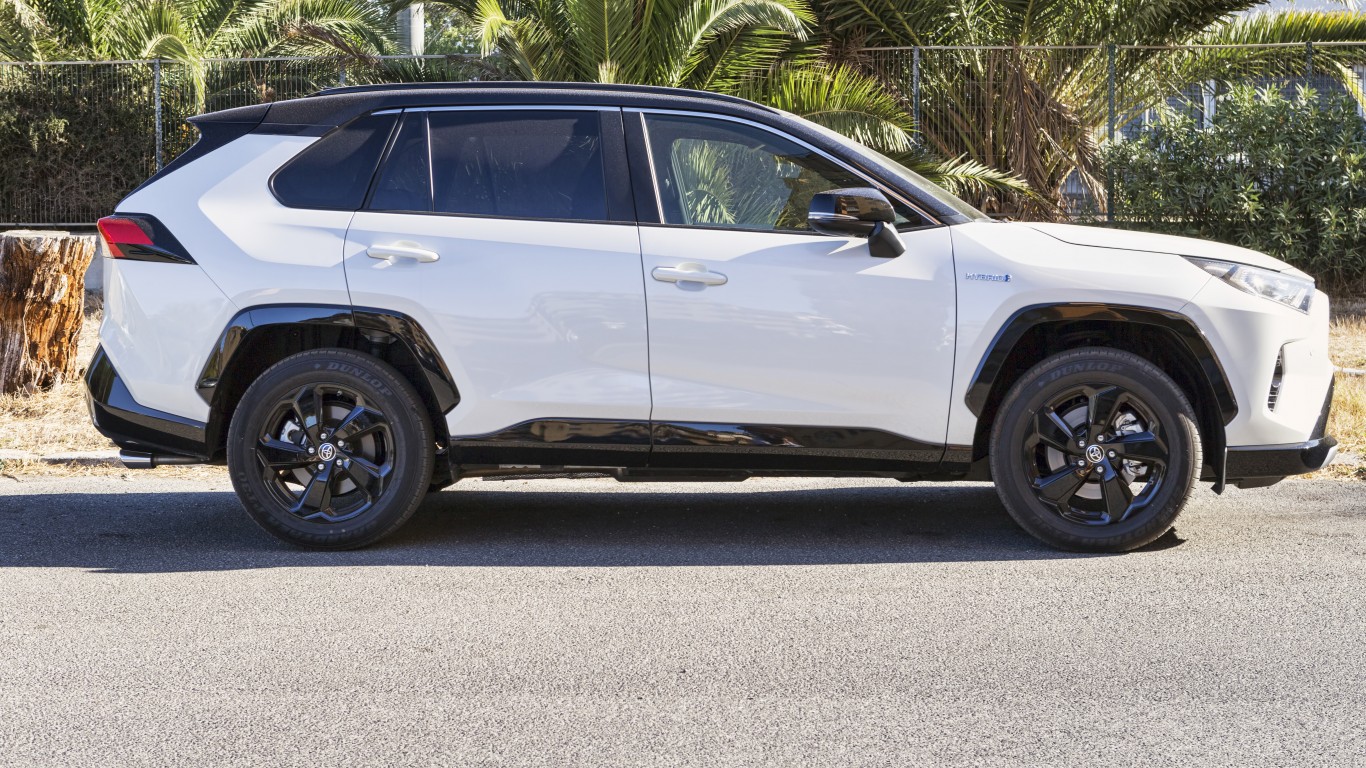
The reciprocal tariffs announced by China late Tuesday include new 25% import duties on a variety of vehicles and parts U.S. carmakers export to China. Sport utility vehicles, crossovers, minivans, passenger cars, hybrids and all-electric cars all appear to be included among the 106 categories of goods that will be affected by the new tariffs.
Even before yesterday’s announcement of new tariffs, U.S. exports to China were subjected to tariffs of between 21% and 30%, a nice incentive for carmakers to build plants in China. In order to do that, however, the automakers must set up a 50-50 joint venture with a Chinese company.
Chinese-made vehicles imported to the United States are charged a maximum tariff of 2.5%. Because so few Chinese-built cars were imported into this country, this added tax had essentially no impact.
General Motors Co. (NYSE: GM), Ford Motor Co. (NYSE: F) and Fiat Chrysler Automobiles N.V. (NYSE: FCAU) all have joint ventures in China and all import cars and light trucks into the country. None imports large numbers of U.S.-built cars to sell in China.
GM, however, builds its Envision SUV in Shanghai and exports the finished vehicles to the United States. However, the company imports parts from the United States and other countries to complete the assembly in China. It’s unclear whether the U.S. or Chinese tariffs would apply to these vehicles.
Far more common are the joint ventures that may import parts from the United States to build cars for sale in China. The imported parts will be subject to the new Chinese tariffs.
China is also the largest foreign market for Tesla Inc. (NASDAQ: TSLA). Tesla buyers already pay a 25% import tax for the U.S.-built vehicles and another 25% on top of that could simply shut down sales. According to a report at the Detroit News, Tesla sold nearly 15,000 vehicles in China last year, accounting for about 17% of the company’s revenue. In February China imported 2,323 U.S.-built electric cars, 2,160 of which were Teslas.
Automakers Volkswagen, BMW and Daimler already build most of the cars they sell in China in the country, although Daimler and BMW exported about 150,000 U.S.-built vehicles to China last year.
GM stock traded down about 0.5%, after trading down by nearly 4% in the premarket session. Shares were last seen at $36.85, down about 0.2%, in a 52-week range of $31.92 to $46.76.
Tesla traded up about 0.5%, at $268.95 in a 52-week range of $244.59 to $389.61.
Sponsored: Attention Savvy Investors: Speak to 3 Financial Experts – FREE
Ever wanted an extra set of eyes on an investment you’re considering? Now you can speak with up to 3 financial experts in your area for FREE. By simply
clicking here you can begin to match with financial professionals who can help guide you through the financial decisions you’re making. And the best part? The first conversation with them is free.
Click here to match with up to 3 financial pros who would be excited to help you make financial decisions.
Thank you for reading! Have some feedback for us?
Contact the 24/7 Wall St. editorial team.



